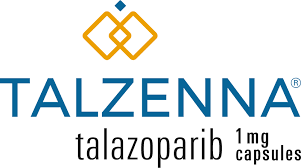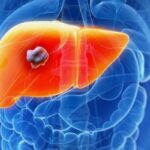FDA Approves Talzenna (Talazoparib) For Castration-Resistant Prostate Cancer

The U.S. Food and Drug Administration (FDA) has granted approval to Talzenna (talazoparib) in combination with enzalutamide for the treatment of metastatic castration-resistant prostate cancer (mCRPC) with mutations in the homologous recombination repair (HRR) genes. This approval follows a clinical trial involving 399 patients with HRR gene-mutated mCRPC who were randomly assigned to receive either enzalutamide 160 mg daily plus talazoparib 0.5 mg or placebo daily.
The trial results demonstrated a significant improvement in radiographic progression-free survival (rPFS) for patients treated with Talzenna and enzalutamide compared to those who received placebo. The median rPFS was not reached in the Talzenna group, while it was 13.8 months in the placebo group. The hazard ratio, a measure of the treatment’s effect, was 0.45 (with a 95 percent confidence interval of 0.33 to 0.61), indicating a substantial reduction in the risk of disease progression with Talzenna and enzalutamide. Notably, for the subset of patients with BRCA-mutated mCRPC, the hazard ratio for rPFS was 0.20 (95 percent confidence interval, 0.11 to 0.36), indicating an even more pronounced benefit.
The recommended dosing for Talzenna in combination with enzalutamide is 0.5 mg orally once daily, along with enzalutamide at a dose of 160 mg orally daily. This regimen should be continued until disease progression or unacceptable toxicity. Additionally, patients receiving this combination therapy should also receive a gonadotropin-releasing hormone analog concurrently or have undergone bilateral orchiectomy.
As for adverse reactions observed during the trial, the most common ones reported in more than 10 percent of patients included decreased levels of hemoglobin, neutrophils, lymphocytes, platelets, calcium, sodium, phosphate, magnesium, and potassium. Other adverse reactions that occurred frequently were nausea, decreased appetite, fractures, dizziness, increased bilirubin, and dysgeusia (distorted sense of taste). Notably, 39 percent of patients treated with Talzenna and enzalutamide required a blood transfusion, with 22 percent requiring multiple transfusions.
Pfizer is the pharmaceutical company responsible for the development and approval of Talzenna. This FDA approval represents an important advancement in the treatment options available for patients with HRR gene-mutated mCRPC, particularly those with BRCA mutations.





